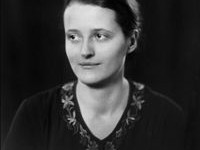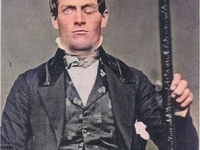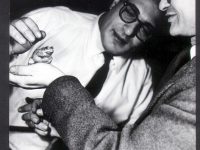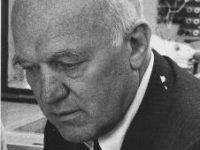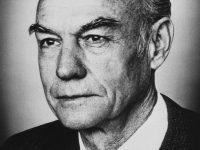Vladimir Bekhterev and the Bekhterev’s Disease
On January 20, 1857, Russian neurologist Vladimir Mikhailovich Bekhterev was born. He is often referred to as father of objective psychology, but is best known for noting the role of the hippocampus in memory, his study of reflexes, and Bekhterev’s disease. Moreover, he is known for his competition with Ivan Pavlov regarding the study of conditioned reflexes.[1] “Only two know the mystery of brain: God and Bekhterev.” — Friedrich Wilhelm Theodor Kopsch, as…
Read more


